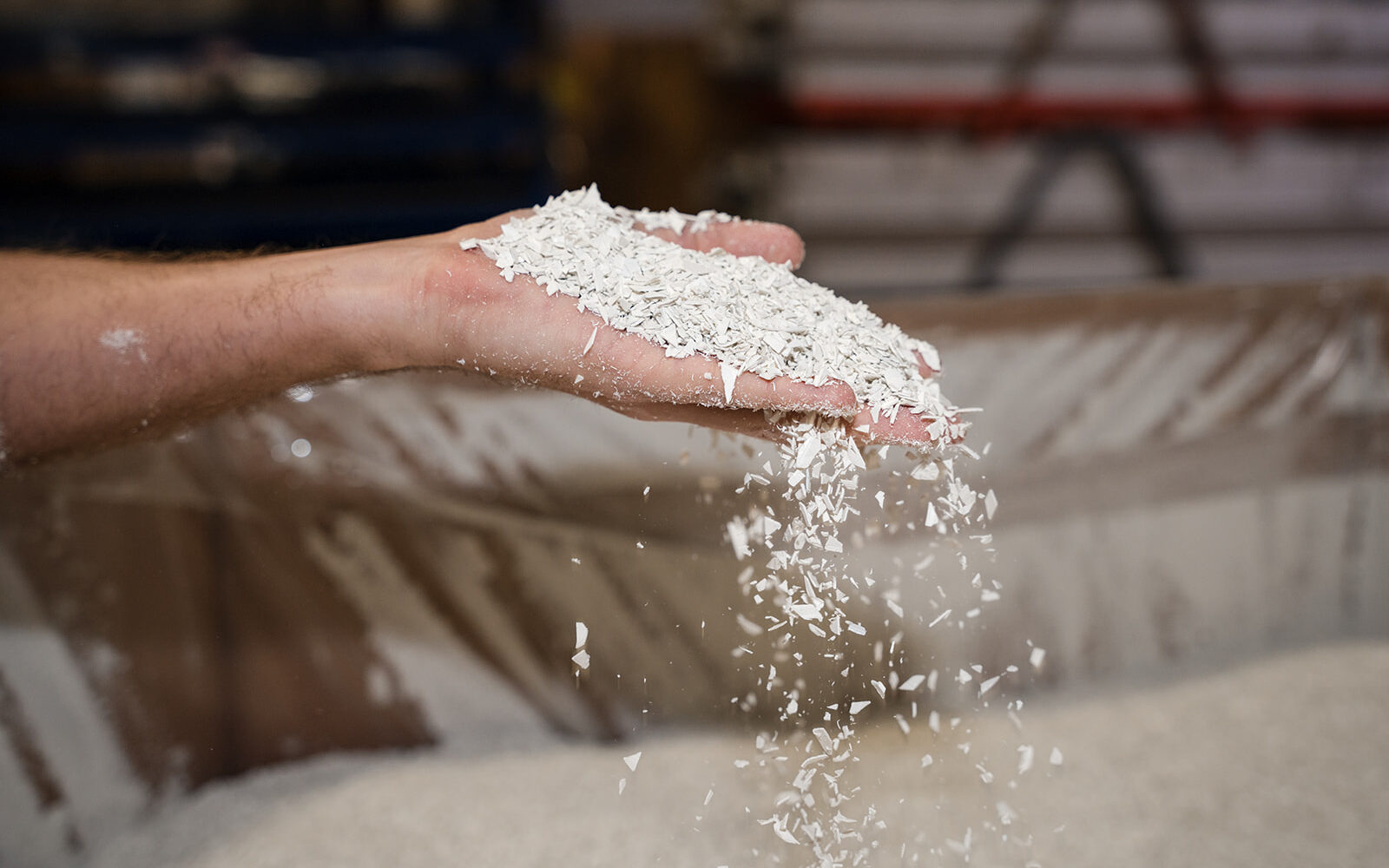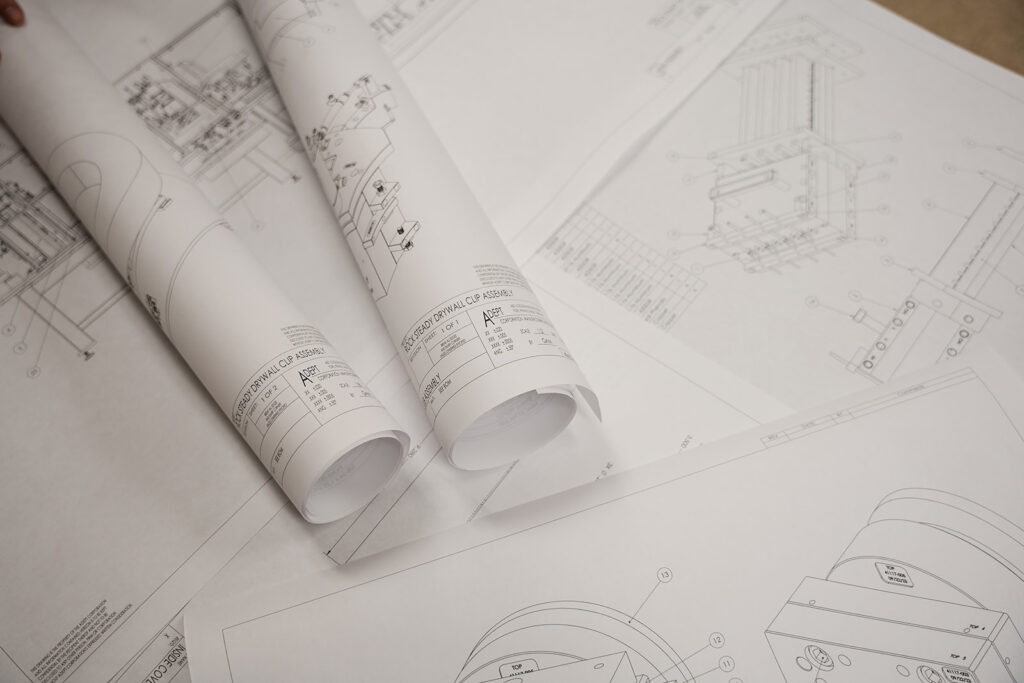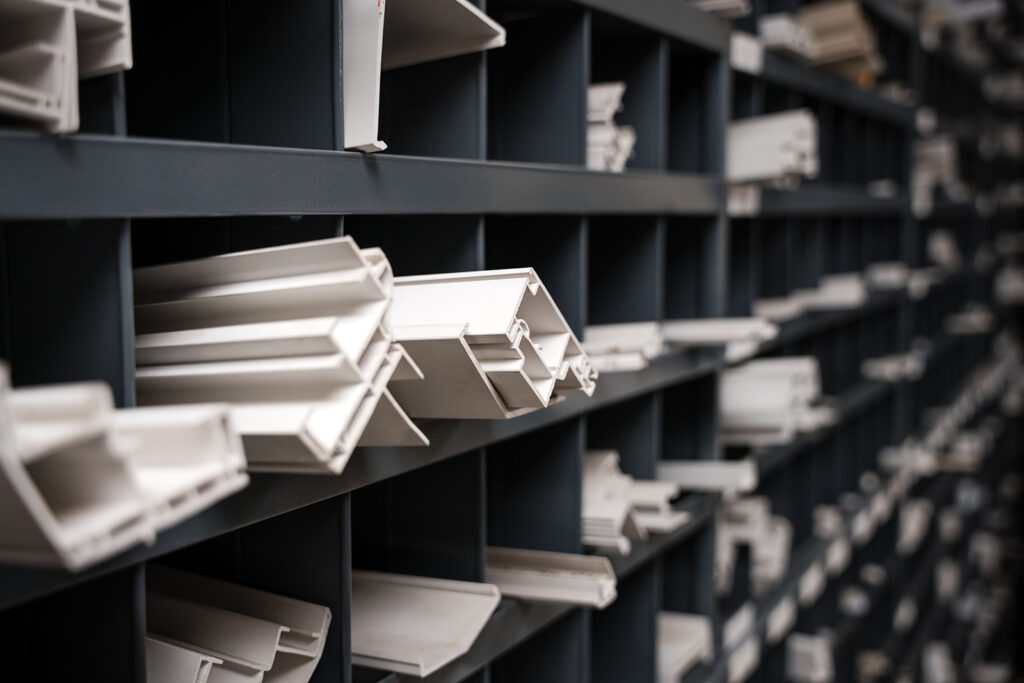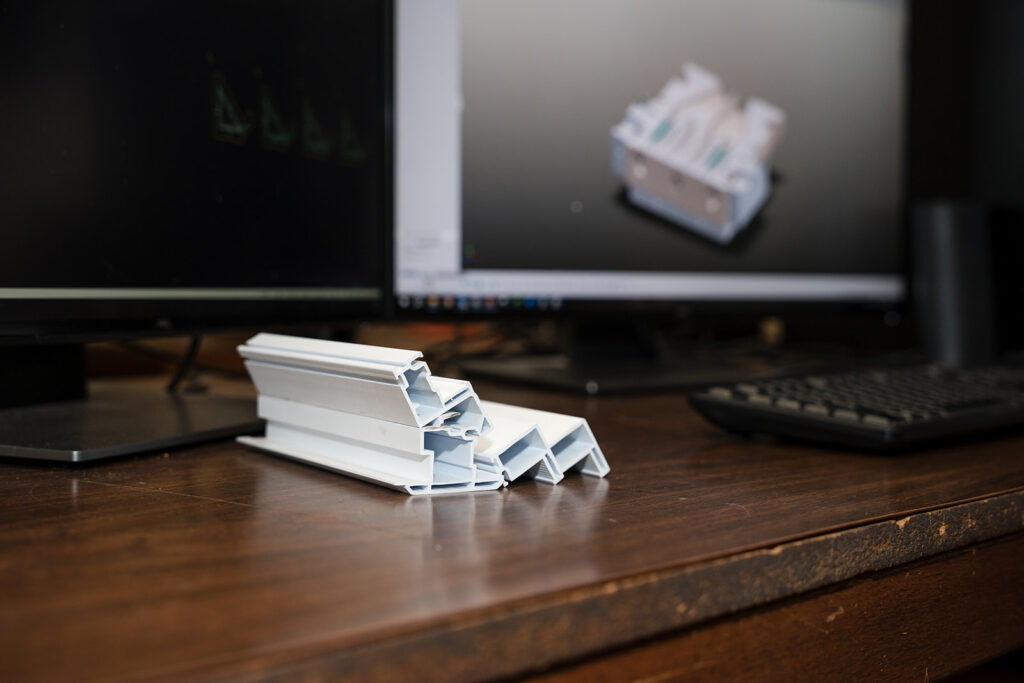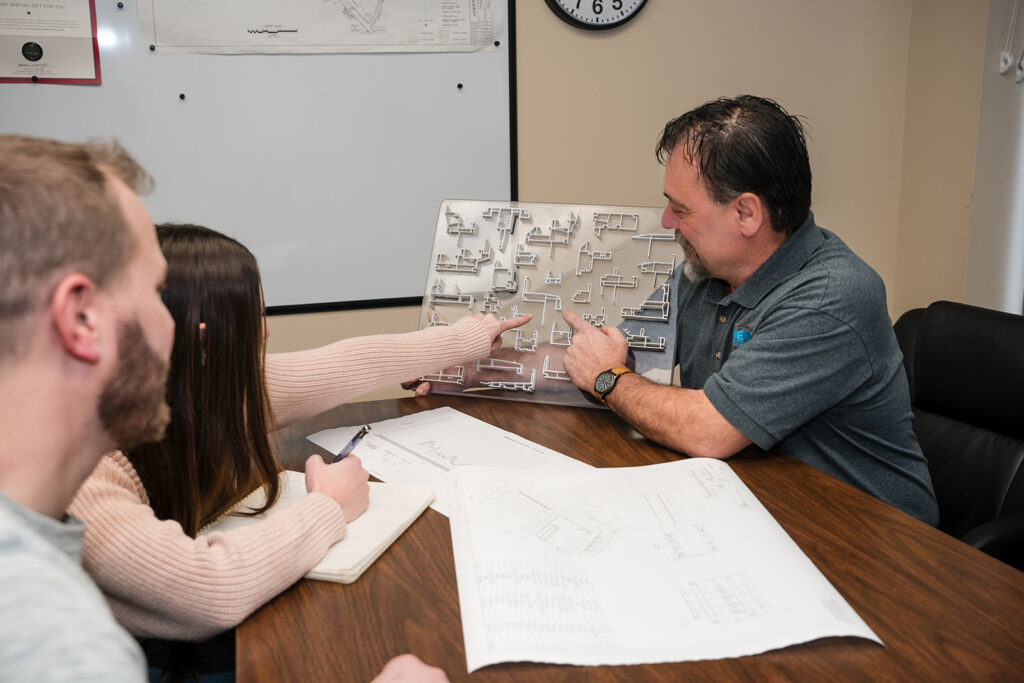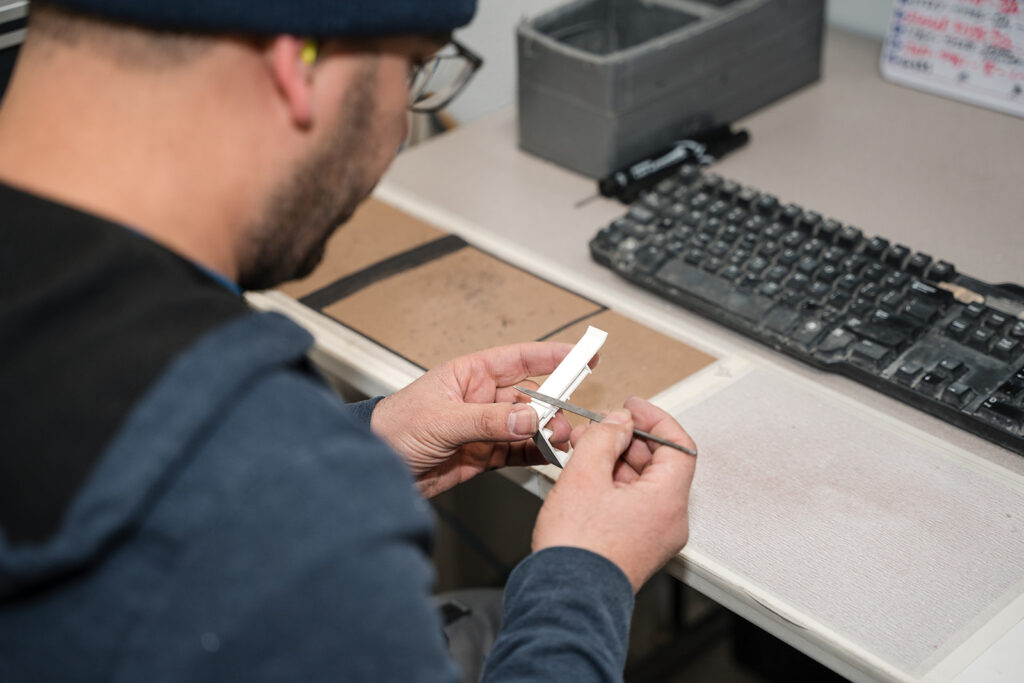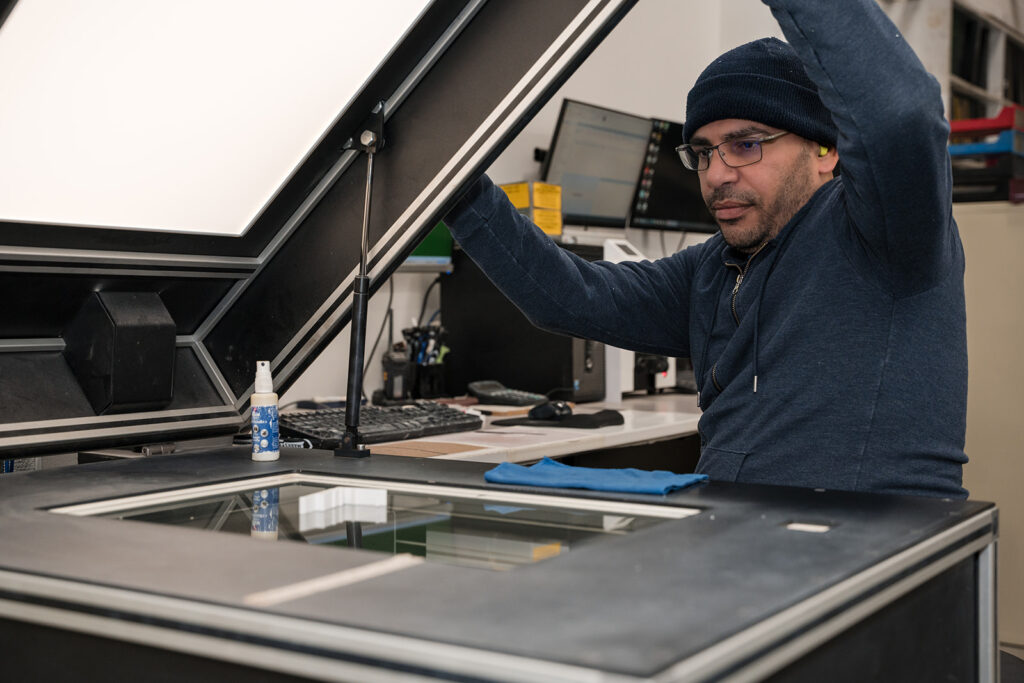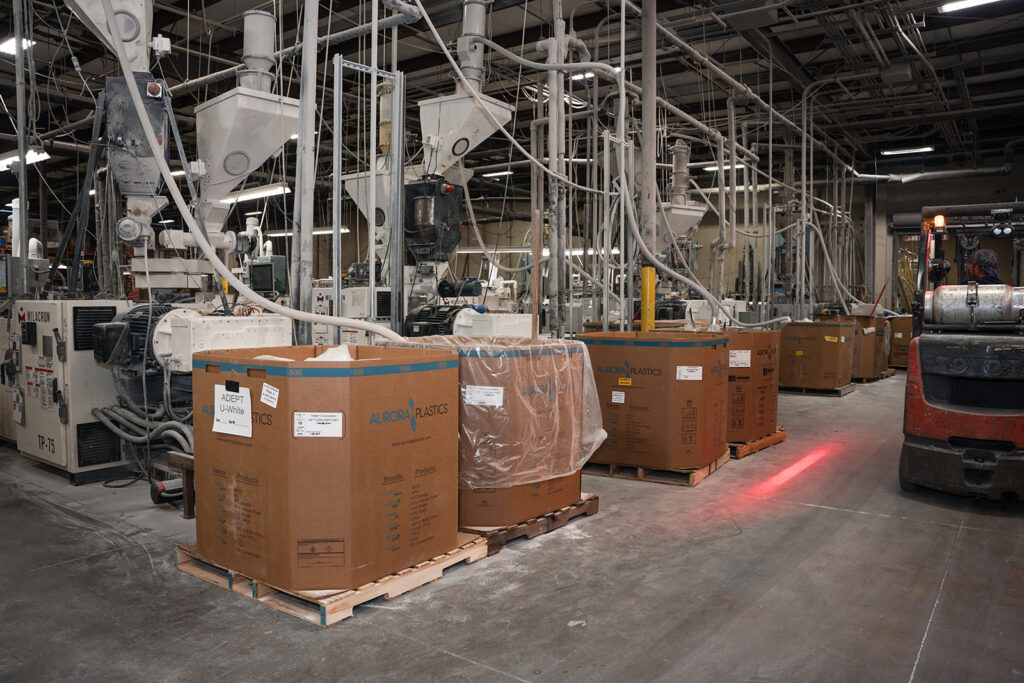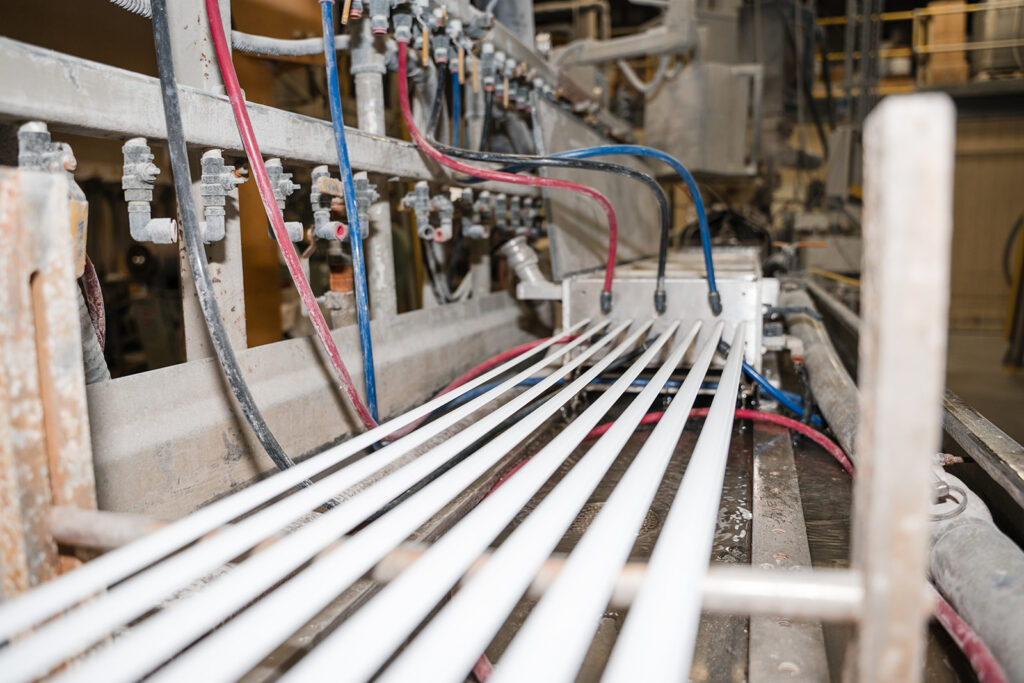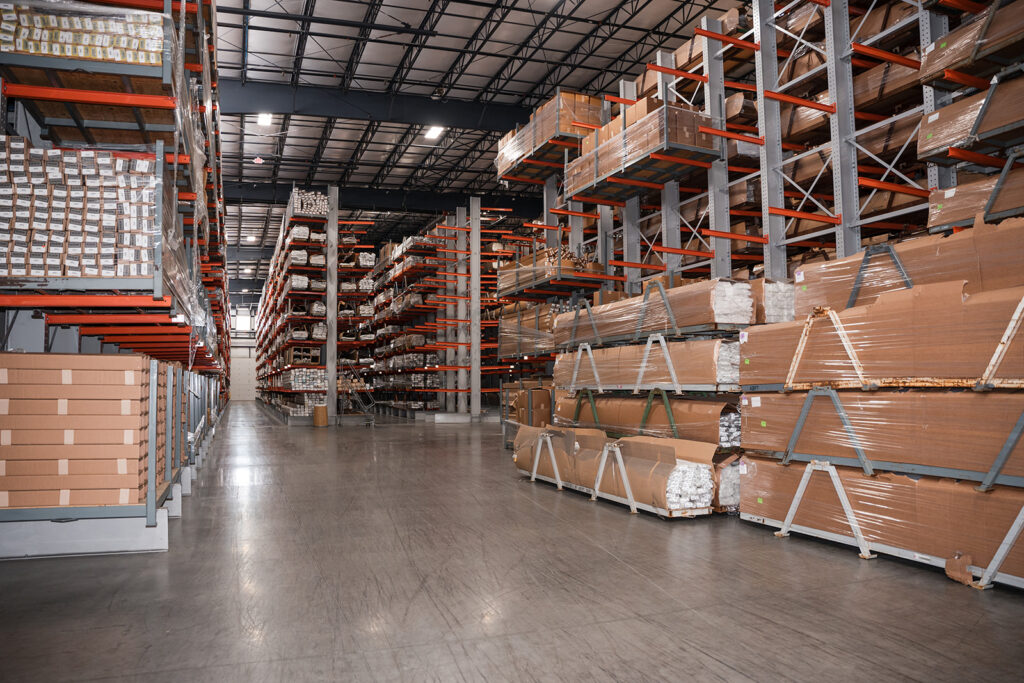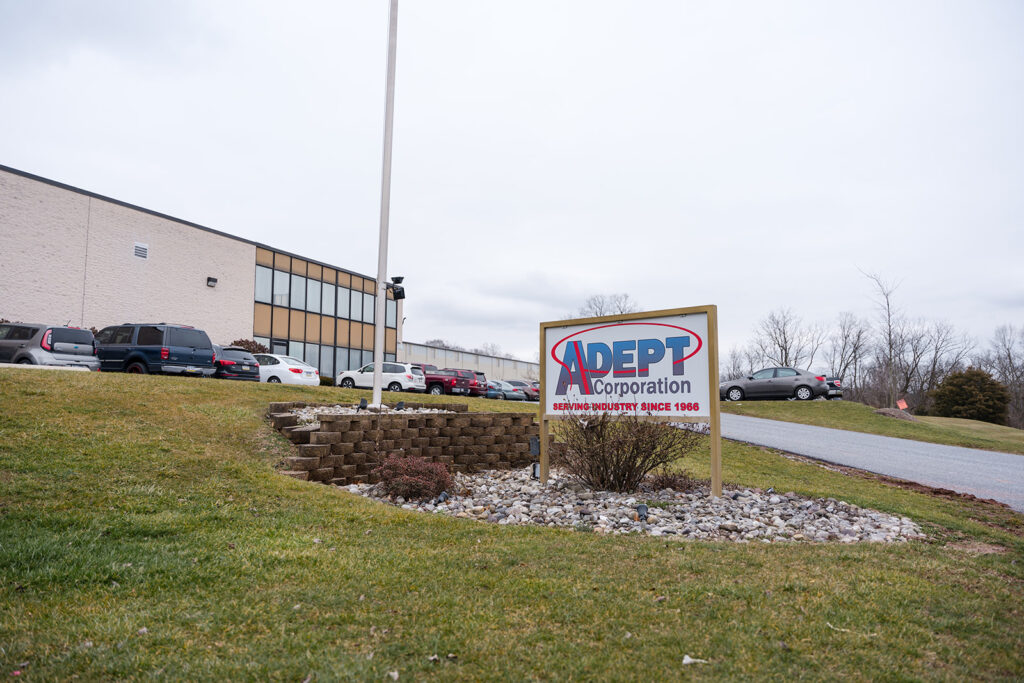The Environmental Impact of Plastic Extrusion and Sustainable Practices
In recent years, the manufacturing industry has been facing increasing pressure to reduce its environmental footprint, particularly in the realm of plastic production. Plastic extrusion, a prevalent method used to create a wide range of products, is no exception. However, companies like Adept Corporation are leading the charge in adopting sustainable practices, including the use of recycled materials, to mitigate the environmental impacts associated with plastic extrusion.
Understanding the Impact of Plastic Extrusion
Plastic extrusion is a high-volume manufacturing process that melts and forms plastic into continuous profiles, such as pipes, tubing, and profiles for window frames and doors. While the process is efficient and cost-effective, it traditionally relies heavily on virgin polymers derived from non-renewable petroleum resources. The production and disposal of these plastic products can contribute to various environmental issues, including resource depletion, greenhouse gas emissions, and landfill waste.
Moreover, the extrusion process itself can be energy-intensive, further increasing the carbon footprint associated with plastic manufacturing. As awareness of these environmental impacts grows, both manufacturers and consumers are looking for ways to make the plastic extrusion process more sustainable.
Adopting Sustainable Practices in Plastic Extrusion
Sustainability in plastic extrusion involves minimizing the environmental impact of the process and the products it creates. This can be achieved through various means, from optimizing energy usage to incorporating recycled materials into production. Adept Corporation, a company with a long-standing commitment to sustainability, has adopted several practices to make its extrusion process more eco-friendly.
- Utilizing Recycled Materials: Adept Corporation has integrated recycled materials into its production line, significantly reducing the demand for virgin plastics. By repurposing post-consumer and post-industrial plastic waste, Adept not only diminishes its environmental impact but also supports the circular economy, encouraging the reuse and recycling of plastic products.
- Energy Efficiency: Improving energy efficiency is another critical aspect of sustainable extrusion. Adept has invested in modern, energy-efficient machinery and equipment that reduces energy consumption during the extrusion process. This not only lowers the company’s carbon footprint but also leads to cost savings, demonstrating that environmental responsibility can go hand in hand with economic benefits.
- Waste Reduction: Minimizing waste generated during the extrusion process is a priority for Adept. The company employs precise controls and techniques to reduce scrap material, and any waste that is produced is recycled whenever possible. This approach not only conserves resources but also decreases the amount of plastic waste that ends up in landfills.
- Design for Sustainability: Adept focuses on designing products that are not only functional and durable but also environmentally friendly. This includes considering the lifecycle of the product, from raw material sourcing to end-of-life disposal, and designing for recyclability and minimal environmental impact.
- Educating Stakeholders: Adept Corporation believes in the importance of educating employees, customers, and the community about the benefits of sustainable practices. By raising awareness and promoting eco-friendly choices, the company aims to inspire others to adopt more sustainable behaviors.
Challenges and Opportunities
While the shift towards sustainability presents several challenges, such as higher initial costs and the complexity of sourcing quality recycled materials, it also offers numerous opportunities. Companies like Adept that commit to sustainable practices can differentiate themselves in the market, attract environmentally conscious customers, and contribute to a healthier planet.
Moreover, as regulations around plastic use and waste management become stricter, being ahead in sustainability can help companies avoid compliance issues and potential fines. There is also a growing demand for green products, and companies that can meet this demand are likely to find new business opportunities and increased customer loyalty.
Looking Ahead: The Future of Sustainable Plastic Extrusion
The future of sustainable plastic extrusion depends on continued innovation and collaboration across the industry. Companies must work together with suppliers, customers, and regulatory bodies to develop new materials, technologies, and processes that reduce the environmental impact of plastic products.
Investment in research and development is crucial for discovering alternative materials, such as bioplastics, and for improving recycling technologies. Additionally, creating a more robust infrastructure for collecting and processing recycled plastics can enhance the availability and quality of recycled materials, making sustainable practices more accessible and effective.
Conclusion
The environmental impact of plastic extrusion is significant, but with the adoption of sustainable practices, companies can mitigate these effects and contribute to a more sustainable future. Adept Corporation is at the forefront of this movement, implementing eco-friendly measures such as using recycled materials, enhancing energy efficiency, reducing waste, and designing for sustainability. By embracing these practices, Adept not only demonstrates environmental responsibility but also sets a positive example for the rest of the industry.
As consumers continue to prioritize sustainability, the demand for green manufacturing processes and products will only increase. Companies that can adapt to these changing preferences and invest in sustainability will be well-positioned to succeed in the evolving marketplace. The journey toward sustainable plastic extrusion is ongoing, but with continued commitment and innovation, the industry can achieve significant environmental improvements and pave the way for a greener, more sustainable future.
